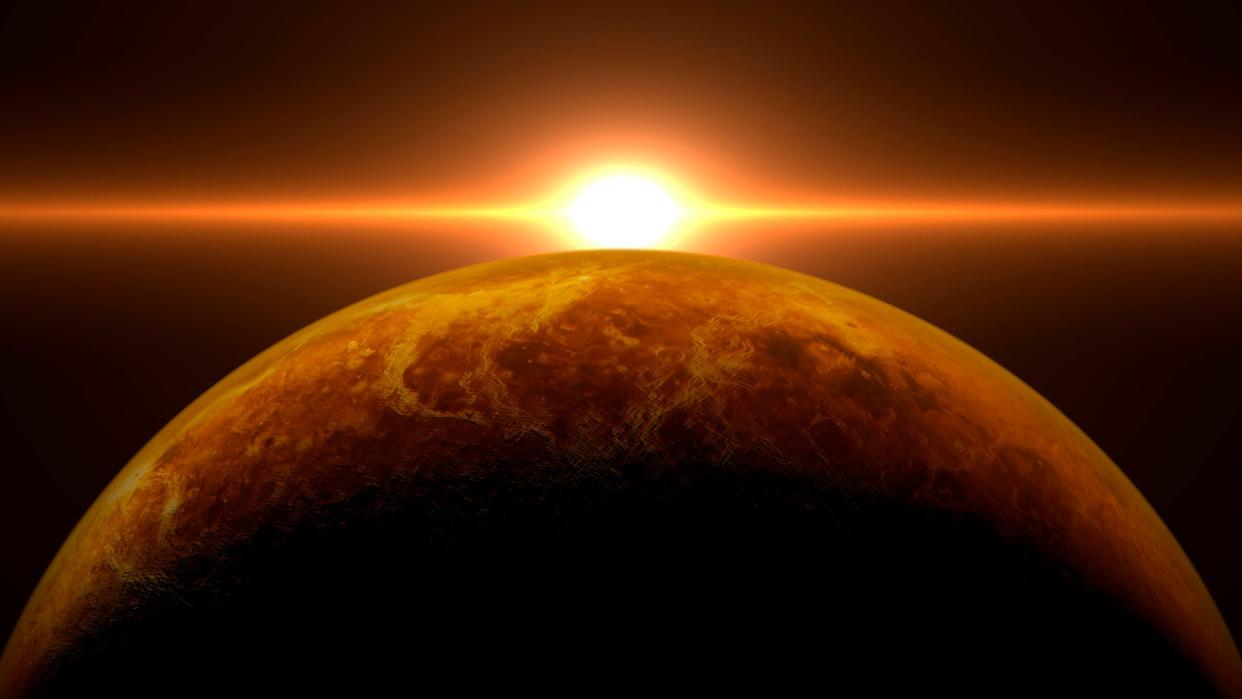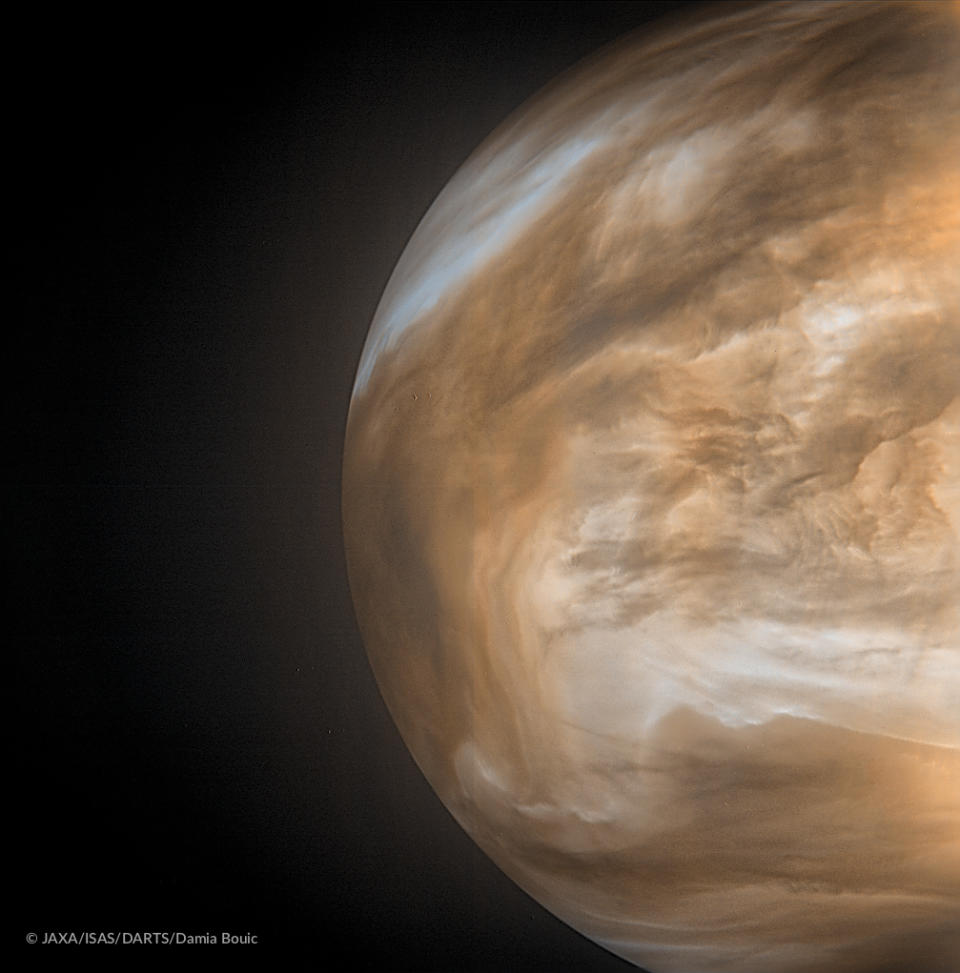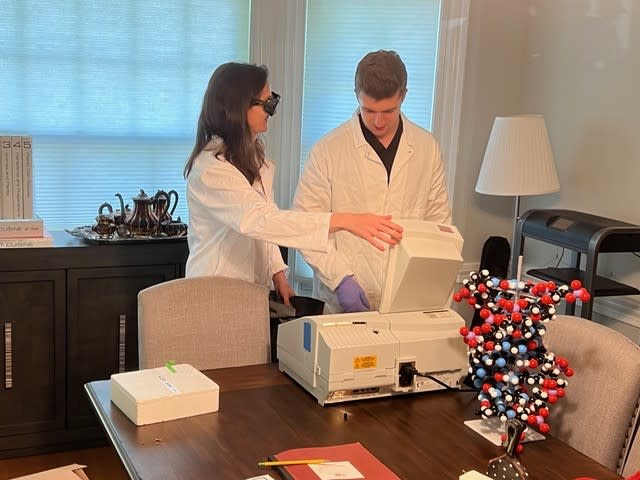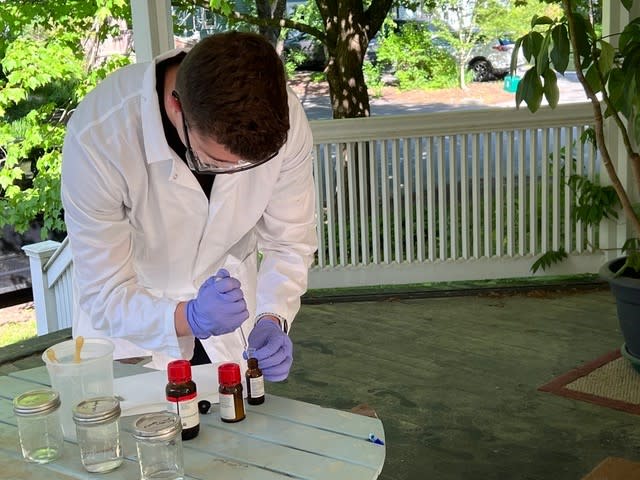1st private mission to Venus will search for alien life in clouds of sulfuric acid

Hellish Venus is blistering hot, not only temperature-wise. It's also a hot topic for scrutinizing whether or not the cloud-enveloped world might be a haven for high-altitude life.
That prospect is fostering the first-ever private mission Venus to search for signs of life in its clouds by attempting to detect evidence of organic chemistry. The mission is planned for launch in January 2025 aboard Rocket Lab's Electron rocket, an entrepreneurial launch vehicle provider.
Sara Seager, professor of planetary sciences at the Massachusetts Institute of Technology (MIT) is principal investigator for the Venus Life Finder, the first mission under a series of planned Morning Star Missions to Venus.
Related: Rocket Lab targets late 2024 for private Venus mission launch
Mean, nasty, aggressive
Last year, Seager and colleagues, including her university son, authored a research paper with a tell-all title: "Stability of nucleic acid bases in concentrated sulfuric acid: Implications for the habitability of Venus' clouds." The work appeared in the Proceedings of the National Academy of Sciences (PNAS), a peer reviewed journal of the National Academy of Sciences.
"We're trying to look into the possibility that sulfuric acid droplets could host a biochemistry, not our personal biochemistry, but a different biochemistry," Seager told Space.com. "We have a lot of lab experiments ongoing and some are coming to fruition."
As indicated in the paper, Venusian clouds are composed of concentrated sulfuric acid. That's a mean, nasty, aggressive chemical that destroys most of Earth life's biochemicals and are thought to be sterile to life of any kind.

Probe the cloud particles
But Seager and her research partners have found that key molecules needed for life (nucleic acid bases) are stable in concentrated sulfuric acid, advancing the notion that the Venus atmosphere environment may be able to support complex chemicals needed for life.
"We do not know if the origin of life in concentrated sulfuric acid is possible, but such a possibility cannot be excluded a priori. Life could use concentrated sulfuric acid as a solvent instead of water and could have originated in the cloud droplets in liquid concentrated sulfuric acid," explains the paper.
"Our findings show that complex organic chemistry, including DNA nucleic acid bases, can be stable in concentrated sulfuric acid," the researchers note, and motivates them to design missions that directly probe the cloud particles for the presence of organic material. "Ultimately a sample return from the Venus atmosphere may be needed to robustly identify life, if present," they explain.

Small bottles … big ideas
The unique work involving sulfuric acid possibly supporting life different from Earth life involved Seager and her university son concocting a brew of sulfuric acid, first in Seager's home and now in a lab at MIT.
Max Seager is 20, a junior at Worcester Polytechnic Institute in Massachusetts and assisted in much of the research.
"Specifically for the amino acid studies, we really only started the amino acid project after I broke my arm and had a lot more time to spend at home doing research," Max Seager told Space.com. It turns out it's very difficult to order large volumes of concentrated sulfuric acid, he said, but possible to order many small bottles to support the investigative work.
"I think the standout thing of our research focus on Venus is that almost no one else really knows anything about the topic of sulfuric acid as a solvent. Besides our group, a few others, and some researchers in the early 1900s no one really knows much at all about sulfuric acid," Max Seager said. In part, what makes the research so amazing, he added, is the simplicity of it, since no one has ever thought of, or been motivated to do these types of studies.

Call to action
RELATED STORIES:
— If Venus had Earth-like plate tectonics in its distant past, did it have life too?
— New wave of missions to reignite Venus exploration
— Can a private space mission pierce Venus's clouds?
As for Max Seager's interests and as an undergrad, he's figuring out his future. He considers the field of astrobiology/astrochemistry very appealing and has always been intrigued by the possibility of life elsewhere, "especially if there's a possibility, albeit small, of finding life so close to Earth!"
In research led by Max Seager for a special collection of Venus investigation work, he and fellow investigators state: "We are at the dawn of a new branch of astrobiology and a new branch of organic chemistry."
Appearing in the journal Astrobiology, this new paper is a "call to action" - to study organic chemistry in alternative solvents from water, "which is crucial for the true understanding of the extent of the habitability of the Galaxy," they conclude.
The team's research has been published in the Proceedings of the National Academy of Sciences (PNAS).

